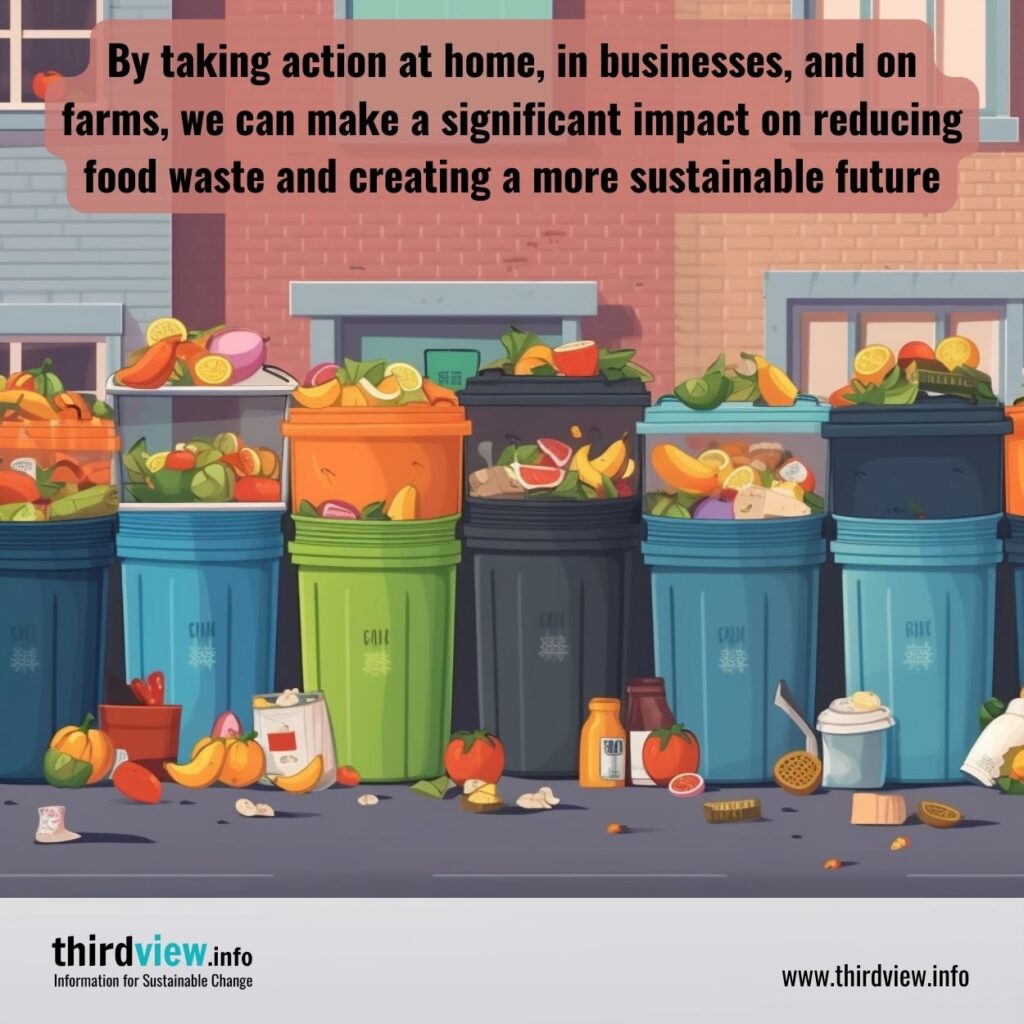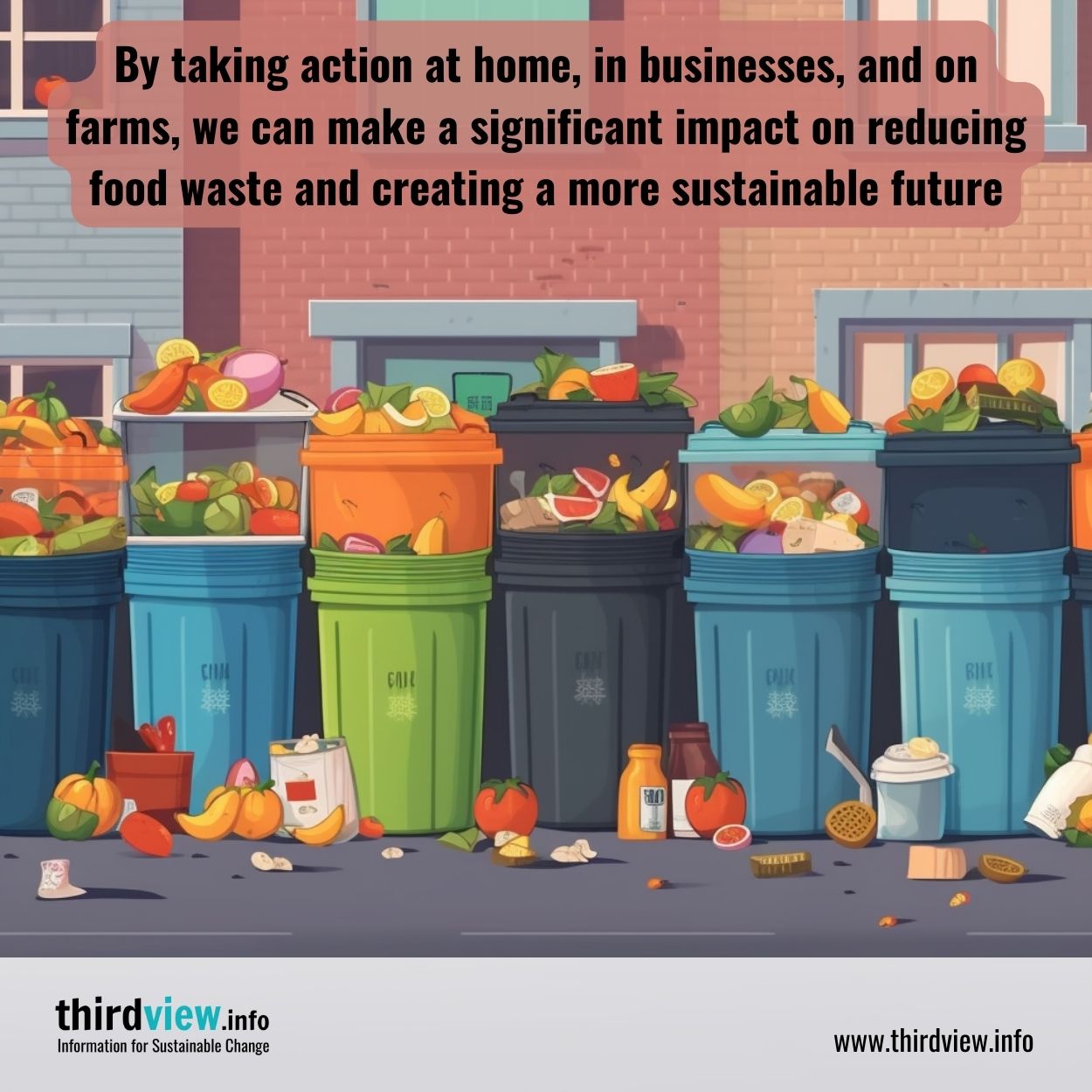Food is an essential part of our daily lives, and we depend on it for our survival. However, it is estimated by the United Nations that about one-third of the food produced globally is wasted each year. This is a staggering statistic, particularly when you consider that millions of people around the world are undernourished or go hungry every day. The good news is that halving per capita global food waste could have significant benefits. This blog will explore some of the benefits and why it is essential to take action to reduce food waste.
Reduced Greenhouse Gas Emissions
When food waste goes to landfills, it decomposes and releases methane gas. Methane is a potent greenhouse gas that accelerates climate change by trapping heat in the atmosphere. By reducing food waste, we can help to reduce these emissions and combat climate change.
More Food for People in Need
Reducing food waste means that there will be more food available to feed people in need. According to the United Nations, about 800 million people worldwide are hungry, and reducing food waste could go a long way in reducing this number. By reducing food waste, we can help to feed more people and reduce food insecurity.
Saves Money and Resources
Reducing food waste can help save resources and money. When food is wasted, so are the resources that are used to produce it, such as water and energy. By reducing food waste, we can save these resources and use them more efficiently. Additionally, households can save money by reducing their food waste, which can have a significant impact on their budgets.
Reduces Pressure on Landfills
Reducing food waste can also help to reduce the pressure on landfills. Food waste is a significant component of municipal solid waste and takes up space in landfills. By reducing food waste, we can help to extend the lifespan of landfills and reduce the need for new waste disposal sites.
Promotes Sustainable Agriculture
Reducing food waste can also help to promote sustainable agriculture. This is because when food is wasted, farmers are more likely to overproduce to ensure that they have enough food to sell. Overproduction can lead to the overuse of resources like water, fertilizer, and energy, which can be harmful to the environment. Reducing food waste can help farmers to produce only what is needed, which can lead to more sustainable agricultural practices.
In conclusion, reducing food waste is essential for the environment, the economy, and social welfare. Halving per capita global food waste can help to reduce greenhouse gas emissions, provide more food for people in need, save money and resources, reduce pressure on landfills, and promote sustainable agriculture. Everyone can take action to reduce food waste, from households to farmers and businesses. Together, we can make a significant impact on reducing food waste and helping to create a more sustainable food system.


